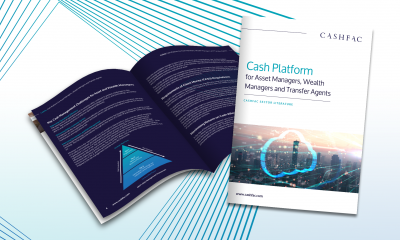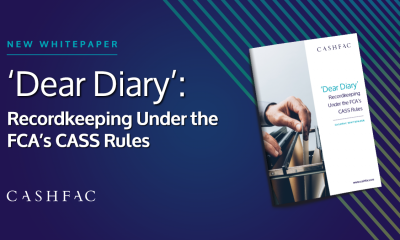Pleased to Meet You. Hope You Guess My Name.
Our latest blog looks at the challenges firms face in the current climate when receiving poorly referenced client money, and the opportunities from Open Banking and Request to Pay.
It can be puzzling when money arrives in a client money account with no details attached. Usually, we would be happy to find some unexpected money sitting in a bank account, but that just isn’t the case in this scenario. There’s no absolution for breaking the rule that requires allocation of all client money to underlying investors within 10 business days. This would be easier if only clients and counterparties were perfect and sent the funds in with the details you need to identify and record the amounts against the correct portfolio or transaction. Unfortunately, money arrives all too often without the required references and identifiers. In this case, despite what they say, money just doesn’t talk and this leaves firms with unavoidable breaches and additional work to do, as they try to trace the payer or, worst case scenario, pay the money back through the banking system. No-one wants to have to return the money, but occasionally it is not even possible to do this, if the bank itself will not cooperate, which is a hellish situation indeed.
Challenges in a New Era of Working from Home
In current times, all this is exacerbated by the difficulty of contacting banks whose staff are working from home and dealing with the same domestic juggling act as we all are. At the same time, the incidence of receipts which cannot readily be allocated is increasing. In view of the closure of offices, many firms will no longer accept cheques, which would otherwise require individuals to commute to those locations and then find an open bank branch to pay the cheques in. Solutions are required for the processing and identification of receipts which are innovative and straightforward for clients and counterparties to use.
Virtual Accounts & Open Banking
One such solution is the provision of dedicated virtual bank accounts to each client. While the use of such accounts is not new to Cashfac, this is now an even easier structure to implement. Open banking enables firms to provide clients with their own IBAN, linked to a ledger in the firm’s books and records. The client’s payments to this account are then immediately protected under client money rules. There are no more problems with the allocation to clients, as the receipts have already been identified and instantly allocated to that client. The records are therefore also immediately updated and clean – and of course, when it comes to recordkeeping, cleanliness is next to godliness. Payments in can be made by bank transfer or by direct debit through the usual processes with which the client is already familiar and the receipt is matched to an expectation which has already been set up in the system. The funds are therefore available promptly for use in purchasing assets in their investment portfolio or to be allocated to the appropriate product account.
What’s Next? Request to Pay.
If this all sounds too good to be true, then the upcoming improvements will seem almost miraculous. Integration with Request to Pay services will soon enable clients to manage payments to their investment accounts with still more ease, without sacrificing any of the benefits outlined above. Fundamentally, these services enable firms to send authenticated and secure messages to clients, requesting payment in connection with agreed actions and transactions. The secure systems enable the client to effect the movement by simply confirming these requests. This confirmation initiates payments from their own bank accounts which can be automatically matched to the request – and therefore the underlying transaction – through the unique identifier provided. These processes can be used to manage regular payments without the creation of a mandate, with its attendant administrative and regulatory overlay. All of these processes work for the benefit of the clients as well as the firms who use them. We think that’s an ethical answer that takes the guessing out of processing client receipts.
Get in Touch
For more information on Cashfac’s CASS-compliant cash and banking platform, fill in your details below and we will be in touch.


